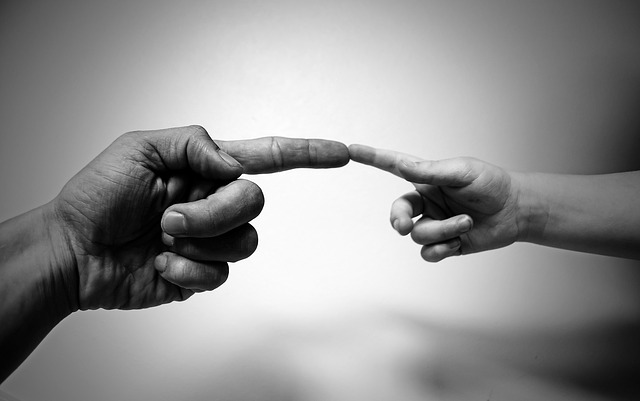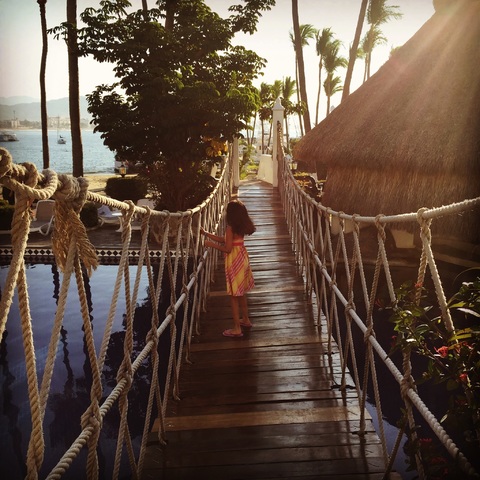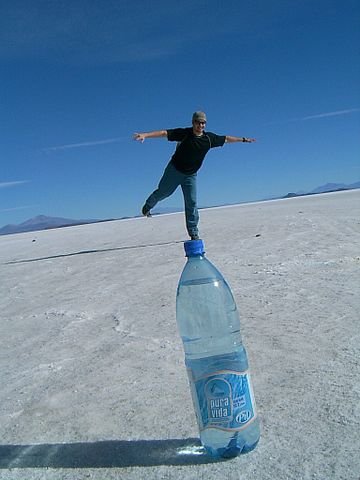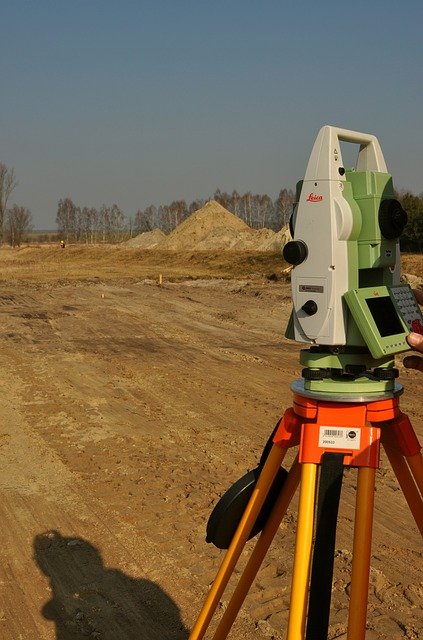Is Seeing Really Believing? Should you Really Trust Your Senses?
Should we trust our senses? We humans come standard with a powerful set of senses that can provide us with an incredible amount of information about the world around us. Seeing, hearing, tasting, touching, and feeling have allowed humans to become the dominant species on the planet... and to also enjoy it a bit on our short time here.

Image credit: Pixabay
While our senses are not as advanced as other species, like the incredible smelling ability of dogs, we can still See a Candle Flame from 2.76 Kilometers Away and we can see even slight movements from long distances. While our senses have been honed over the millenia for hunting and survival, should we trust our senses enough to draw advanced conclusions from them?
We Don't Just Sense, We Process and Interpret
We don't just sense, however, we have brains that filter, process, and analyze the information that comes into our bodies through our senses. In addition, the data we get from our senses is often interpreted in other parts of our brain to take all of our learning into account in order to draw conclusions from this information. This is not simple and straightforward, and even the same person can get different 'results' from the same data depending upon the circumstances. Like on some days a child's pleas for attention can make you upset, and the next day fill you with joy and make you get up and play.
Additionally, we filter out over 90% of the data that enters our brains, in a process called sensory gating, because we simply are unable to take all of that data in to make it meaningful. We are actually drawing conclusions and determining actions based on incomplete data that is filtered out before it reaches the brain.
If you do not think this is true, watch the classic Selective Attention Test to be convinced. If it were not this way, the amount of redundant and unnecessary information we received on a constant basis might drive us insane. In fact, one hypothesis is that Schizophrenia May Be a Defect In the Sensory Gating Process.

Image credit: Pixabay
Our brain takes this incomplete data, overlays it on top of previous experiences and fills in the gaps with what it thinks comports with reality best, much like a series of composite satellite data can be used to create an image of a landscape. These 'composites' created from sensing and processing different things at different times from multiple perspectives can create incredibly detailed composites in one respect, but may have errors of omission or duplication in other areas because the process is not and can never be entirely perfect. Because of this incomplete intake of information, and the processing this information must go through, it's simply a misconception that we can 'trust our senses'.
Interpreting perspective means not trusting your senses
Perspective is one of those things that we see every day that we have to interpret to correlate with scientific reality. We absolutely realize that we cannot trust our senses when it comes to perspective, but must seek scientific explanations for what we see.

Image credit: Pixabay
Case in point is the image of the bridge above. It would be absurd to believe that the bridge is actually getting narrower as it gets further away from us, but that it what our senses literally show us. However, our brains have processed this information so many times that, until you learn about perspective, you may not even notice the bridge looks narrower until it's pointed out to you. In the case of perspective, it's a misconception to literally trust your senses.

Image Credit: By Ricampelo - Own work, CC BY 3.0
While interpreting perspective correctly is necessary for our survival, it doesn't always have to be serious. This salt flat in Bolivia, known as the Salar de Uyuni, has the quality of empiness, blinding whiteness, and lack of features that make it a perfect place for anyone with a little creativity to have fun with perspective.
The Industry of Tricking our Senses
Perspective is not the only way our senses get tricked, tricking human senses has a long history for entertainment value in the form of magic and illusions. Our senses are so imperfect that entire industries have evolved to trick them.

Image credit: Pixabay
Movies are nothing but millions of individual images spliced together to trick our mind into believing the images are seamless, and magicians have refined the exploitation of these defects in our senses to an art form we are willing to pay money to see. The shock value we get from seeing these tricks is testament to the fact that even after having our senses tricked over and over again, we still believe that our senses are perfect.
Our Senses in Scientific Inquiry
Our senses, of course, are necessary in scientific inquiry, since experimentation needs to be observable in order to be valid, but I hope that the above has admonished you sufficiently in the use of the senses to not rely on them completely before coming to any conclusions. This simple experiment is a case in point:
When we look out at the horizon, regardless of how high we go, the horizon always appears to be at eye level. However, the horizon actually drops, but it drops so slightly that one's eyes simply cannot detect it. In fact, the drop is only about one degree for every 1000 meters in height you go up, according to this Horizon Drop Calculator.
That is simply too slight for the eye to be able to detect. But one can actually measure the drop of the horizon, as surveyors have been doing for centuries, with an instrument known as a theodolite. Most everyone has, at some time in their life, probably seen a surveyor at work with one of these devices.

Image Credit: Mine
In fact, the technology of the theodolite is relatively simple, and as such you can even get a basic version of it for your phone that you can measure the horizon dip yourself by first standing at the bottom of a tall building or hill, measuring the horizon, then going to the top and measuring again. The viewer is much like the head's up display on an airplane, and works in a similar way, giving amazingly accurate readings about the drop of the horizon, as well as compass headings, and even altitude and other data depending upon the app being used.
Image Credit: Metabunk.org
Our senses are simply not as trustworthy as we would like to believe. In scientific inquiry, we must take this into account since basing conclusions completely on our senses, without employing the elements of the scientific method and instrumentation to measure what we believe we are seeing would constantly lead to incorrect conclusions. This is not an admonition to not ever use our senses, our senses are powerful tools to gather data from the world around us, however, the information we receive from them should be retested and confirmed before making any conclusions based on our senses alone.

the closer you see, the easier will be to fool you.... ;)
Congratulations! Your post has been curated by the @steemstem team and has been featured on SteemStem Distilled #1:
https://steemit.com/steemstem/@steemstem/introducing-steemstem-distilled-1
Very interesting post! If we can't trust our senses, what do we base our decisions off of then?
We can and do trust our senses. While it is true they can be tricked in certain ways, for the vast majority of the time our senses give us reliable data for day to day living. We know this is true by our continued successful navigation through reality.
Excellent question.
Not for the internet and social media these days. You can't trust videos or pictures anymore.
People are faking it for the views and money. Oh well.
If you like this article, consider also upvoting the post from @originalworks . It can help me to earn a resteem. Thank you.
The @OriginalWorks bot has determined this post by @kerriknox to be original material and upvoted it!
To call @OriginalWorks, simply reply to any post with @originalworks or !originalworks in your message!
To nominate this post for the daily RESTEEM contest, upvote this comment! The user with the most upvotes on their @OriginalWorks comment will win!
For more information, Click Here!
Ha.. very cool!
Fascinating article!!! I will definitely be taking a look at things with a "new" perspective ;)
Wow this was very interesting to read <3 thanks mann i learned a lot.
Thanks for the read, didn't know about the candle flame factoid and the interesting insight about shizophrenia
This is my kind of science, right here!
The further we go, the less we know.